1 Comment
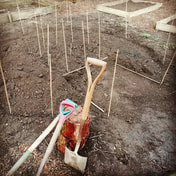 Guest post written by Clare Caro There are three amazing things to know about the Key-Hole Garden design; it can successfully provide food for a family all year round (one), regardless of the soil quality of the area (two) and in just about any climate (three). If ever you were going to grow-your-own, it figures that learning to build a garden that is guaranteed to yield is a must. Key-hole gardens are built up and contained, there are many advantages to this build. The garden takes less watering, yet still holds the moisture needed for healthy growth. In the centre is a 'basket' where raw compost goes, feeding the surrounding garden bed which increases the garden bed soil nutrient and quality. In a nutshell, this is sustainable gardening, where one can grow-your-own food in a fluctuating climate. As we plan education and curriculum for children heading into the Sixth Mass Extinction, and recently recognised Climate Crisis, learning how to build and grow in a key-hole garden may be essential life skills. A chance meeting with Jane, from Send a Cow charity, seeded the idea of providing this as an education opportunity to the Rutland Home Education group. Jane told us all about the Key-Hole Garden design, and how Send a Cow helps families in Africa build key-hole gardens. Jane had instruction, experience and was keen to oversee a build. Soon after, Claire and Alex from Root and Branch Out CIC stepped forward and offered the space to build a key-hole garden. Claire and Alex recognised this as a great educational opportunity. Having a key-hole garden where they offer growing, harvesting and more in their Plot to Pot and Grow Together educational work would provide another level. Work on the key-hole garden began on the 6th of February, with a set of instructions from Send a Cow and tools from Root and Branch Out. Every Wednesday afternoon, a group of children, parents and volunteers met to work on the project. The materials to build the garden came from all corners; Send a Cow donated the basket (this was the only thing bought on the build). Soil from donations, freecycle and excess from other projects on site. Logs came from tree removals and the Wildlife Trusts excess at Egleton and straw from the Rutland Farm Park. Root and Branch Out provided canes and much more, their finding and sharing of materials, upcycling and recycling, along with continued constant support have been invaluable. On the 1st of May we took the first harvest, a big bunch of rocket. The key-hole garden is also planted with strawberry, onion, potato, pea, sweetcorn, spring onion, leek, beetroot, radish, lettuce and there is still room for more. The learning continues, as we watch, water and harvest the first year of this key-hole garden. Week by week account. Week one - measuring and marking out the area. Week two - building the walls and building up the growing area with a layer of straw and then top soil. Week three - installing the compost basket in the center of the garden, adding more top soil. Compost we had been saving up for a few weeks was finally tipped into the center of the garden. Week four - working in the rain, cutting logs to build the walls. Week five - a final load of logs from the Wildlife Trusts at Egleton meant the wall was finished. Week six - we reach the end of the build as the last of the top soil goes in. The first plants go in, rocket seedlings, onion sets and potatoes. Week six also saw us making punnets for raising seedlings indoors, which we later planted out. Watching, watering and harvesting!
This project took 6 afternoons of work to complete, over a 3 month period - from Feb 6 when we began to April 3 when we completed the build and started planting. The first harvest was 1 month later on May 1st. What a success! The café has been running twice a week during term time, at Uppingham C of E Primary School for nearly 20 months. The school community have embraced the café whole heartedly, with consistent numbers of families attending on Mondays and Fridays.
Shirley, our amazing chef, a parent, who is now the school cook too, creates fantastic breakfasts from the surplus food supplied from Tesco and Lidl, we also receive donations of overstocked baked beans and cereals from Rutland Food Bank. The delicious menu can include, scrambled eggs, pancakes, sausages, fruit, cereals or a last day of school fry up. One Mum shared with us, I've been attending the Breakfast Club Cafe at the CofE school for just over a year now. It is hugely beneficial to the families who attend. Obviously the children (and adults who want it) are able to eat a hot wholesome breakfast before school however the social side of it too shouldn't be underestimated. I've met families there whom I would not have met as our children are in different years. Parents bring their younger pre-school children with them, they get to know the school environment long before they are of school age and other parents are able to lend a hand with the babies\toddlers if needed. Shirley, the cook and the other kitchen volunteers are fabulous. Always welcoming, friendly and have the kettle on and the tea made waiting before we've asked for a cup! We seemed to have formed quite a social network and whilst I don't 'need' the cafe to supply my son with breakfast we have certainly both benefitted from the social side and friendly interaction. Before I went to breakfast club and being relatively new to the school I struggled socially at school pick ups, drop offs and events. Now, thanks to 'regular contact' at breakfast club we've created links and friendships with other parents that I wouldn't have made had I didn't go. My son and I both look forward to Mondays and Fridays, he for the pancakes, me for the friendly faces. I can't thank the volunteers and organisers enough. Thank you. |
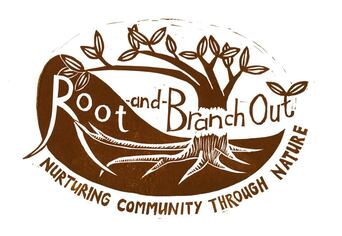
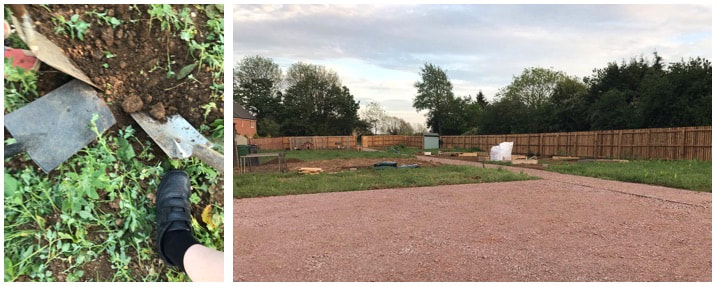
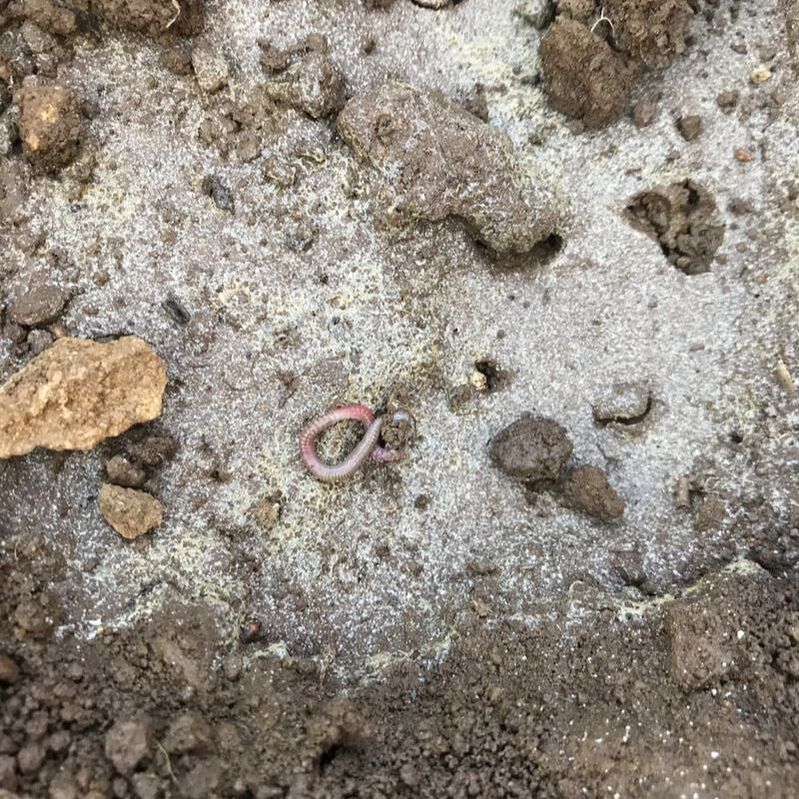
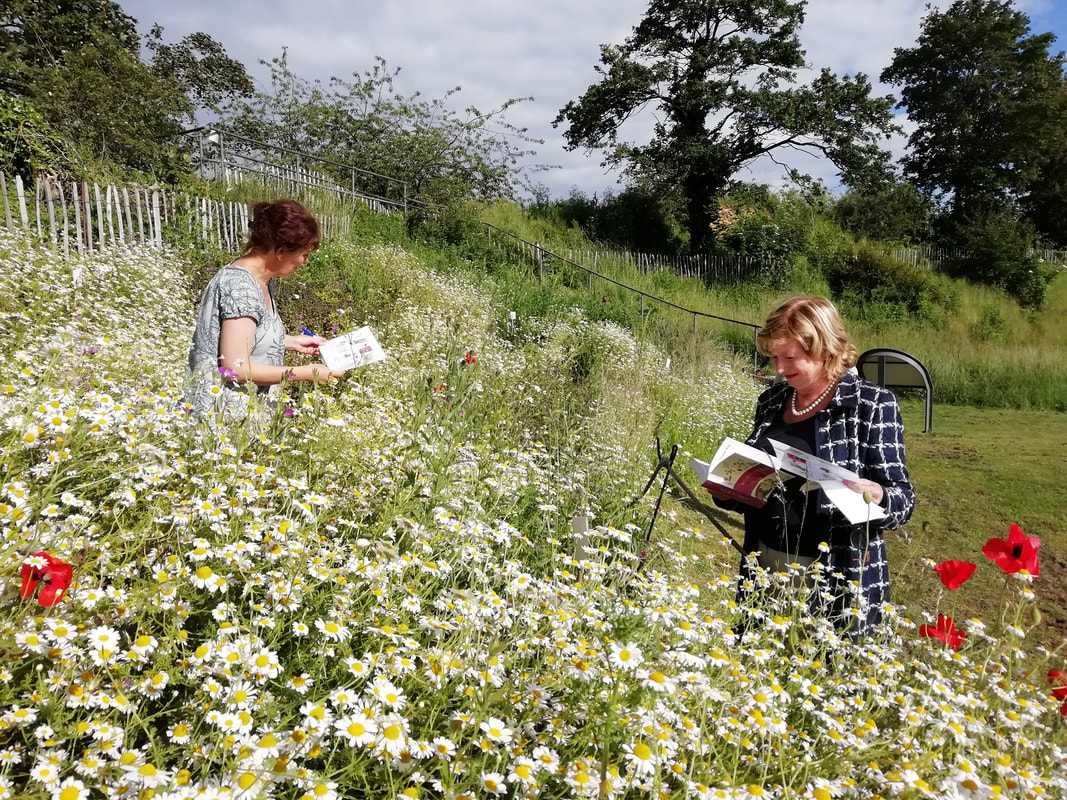
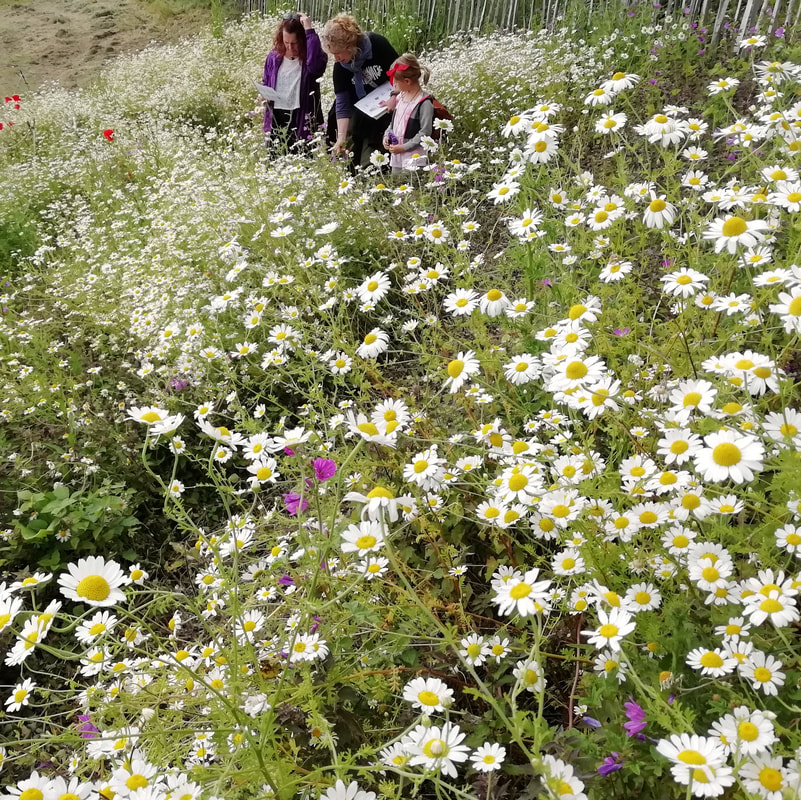






 RSS Feed
RSS Feed

